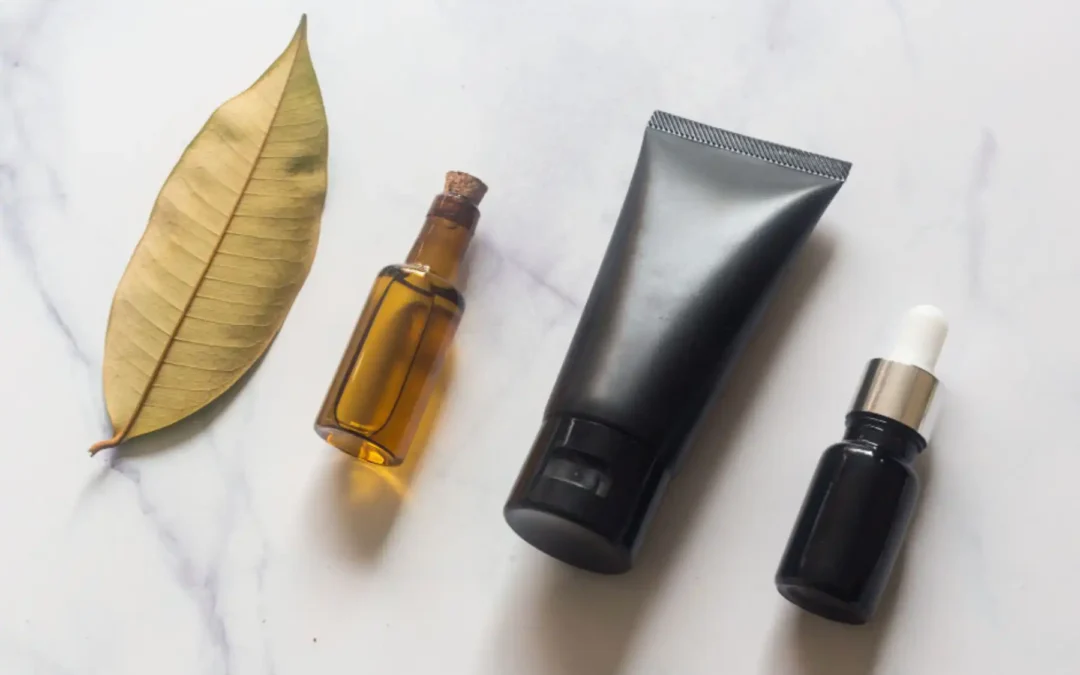Jump To Section
When it comes to managing acne, understanding the key ingredients in skincare products can make all the difference. With so many options available, it can be overwhelming to choose the right product for your skin type and condition. This guide will provide you with a detailed look at the most effective ingredients for acne, as well as those that you may want to avoid.

What is Acne?
Acne is a common skin condition that occurs when hair follicles become clogged with oil, dead skin cells, and sometimes bacteria. This leads to the formation of pimples, blackheads, whiteheads, or cysts, which can appear on the face, back, chest, and shoulders. While acne is often associated with puberty and hormonal changes, it can affect people of all ages and skin types.
Click here to learn more about teen acne.
Click here to learn more about adult acne.

The primary cause of acne is the overproduction of sebum (skin oil) from sebaceous glands, which, when combined with dead skin cells, can block pores. Bacteria can thrive in these blocked pores, leading to inflammation and the formation of pimples. Acne can vary in severity, from mild breakouts to cystic acne, and may leave scars if not treated appropriately.
To better understand what causes acne and how to manage it effectively, click here.

Understanding the Key Ingredients in Acne Treatment Products
The success of acne treatment often hinges on the active ingredients in your skincare products. Here are the most commonly used and effective ingredients to look for:
Salicylic Acid
Salicylic acid is one of the most commonly recommended ingredients for acne-prone skin. A type of beta-hydroxy acid (BHA), salicylic acid penetrates deep into the pores to exfoliate the skin, break down oil, and remove dead skin cells. By helping to unclog pores, it prevents the formation of acne lesions like blackheads and whiteheads. It also has anti-inflammatory properties that can reduce swelling and redness associated with acne.
How it works: Salicylic acid works by loosening the bonds between dead skin cells, allowing them to shed and preventing blockages in the pores. It’s particularly effective for treating mild to moderate acne.
Best for: Acne sufferers with oily skin, blackheads, and whiteheads.
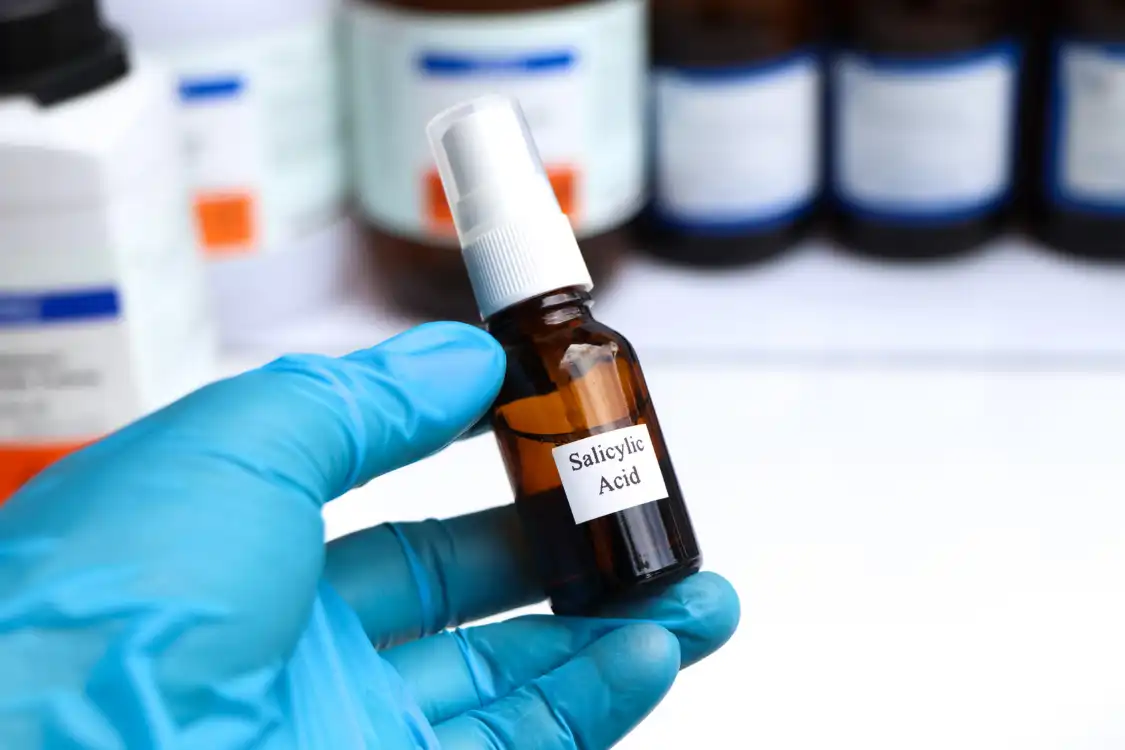
Benzoyl Peroxide
Benzoyl peroxide is a powerhouse ingredient that helps kill Propionibacterium acnes, the bacteria responsible for acne outbreaks. It works by releasing oxygen into the pores, which creates an inhospitable environment for the bacteria to thrive. Additionally, benzoyl peroxide helps exfoliate the skin, removing dead skin cells and excess oil that could contribute to clogged pores.
How it works: Benzoyl peroxide can reduce inflammation, prevent future breakouts, and improve skin texture. It also has the benefit of targeting acne at its root cause—bacterial growth.
Best for: Moderate to severe acne and cystic acne.
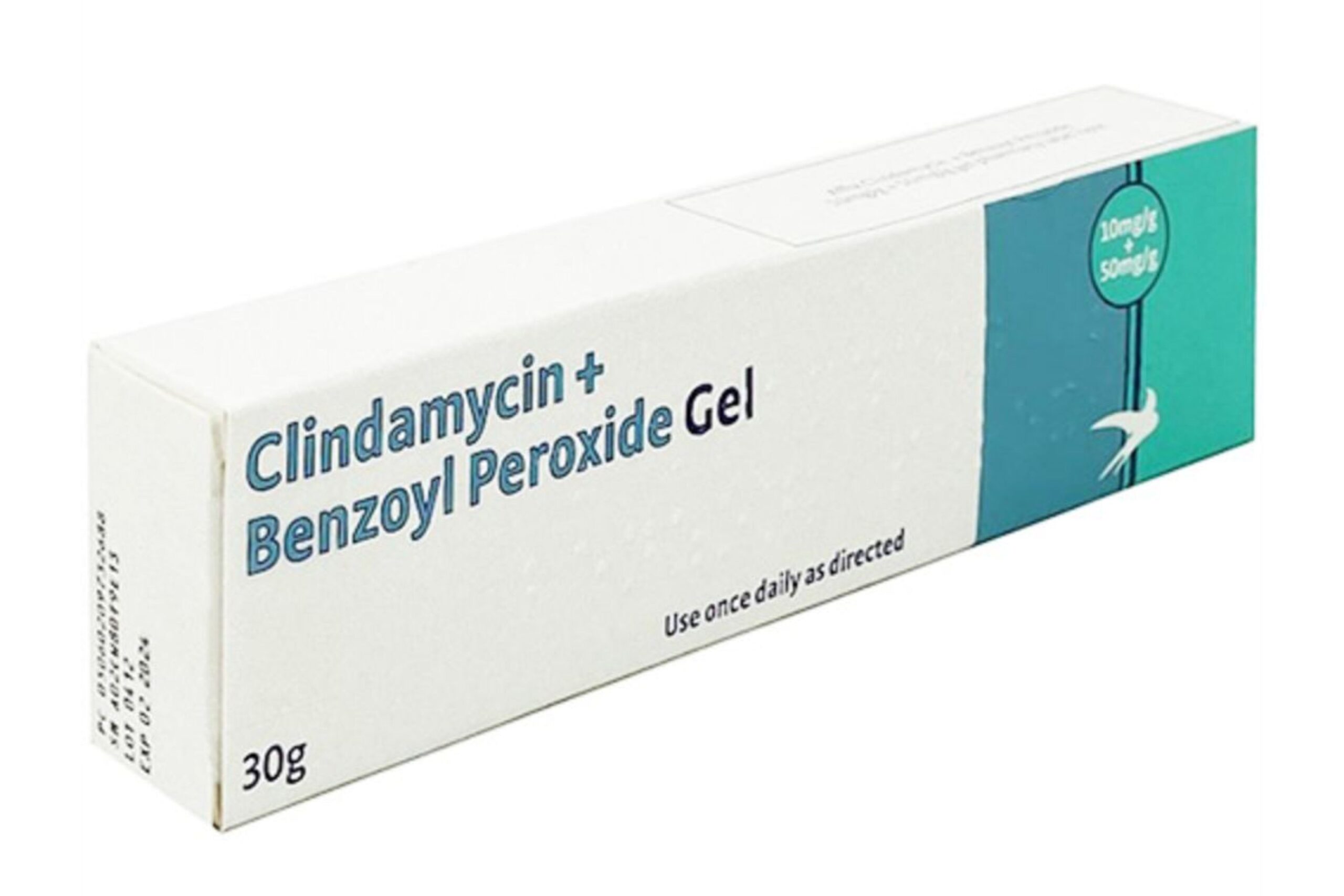
Retinoids (Vitamin A Derivatives)
Retinoids are derived from Vitamin A and are some of the most effective ingredients for preventing acne and treating acne scars. They work by speeding up cell turnover, which prevents the buildup of dead skin cells that could clog pores. Retinoids also reduce the appearance of hyperpigmentation (dark spots) that may remain after an acne breakout.
How it works: By increasing cell turnover, retinoids encourage the shedding of old skin cells and promote the production of new, healthy skin. This prevents the formation of comedones (clogged pores), making it a great choice for both treating active breakouts and preventing future ones.
Best for: Individuals dealing with persistent acne, acne scars, or those who want to prevent future breakouts.
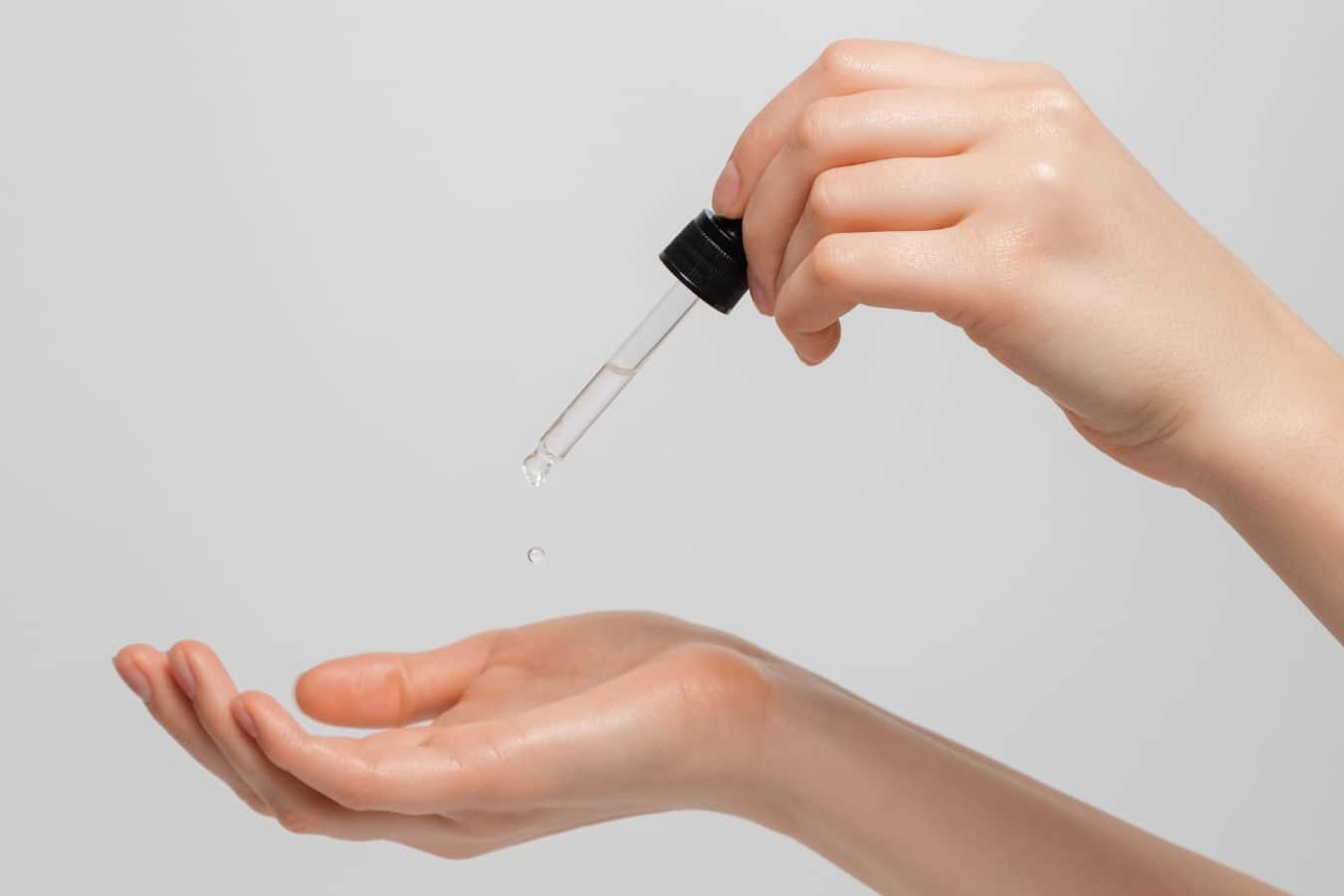
4. Alpha Hydroxy Acids (AHAs)
Alpha hydroxy acids, such as glycolic acid and lactic acid, are gentle exfoliants that work on the surface of the skin. They help to remove dead skin cells and improve skin texture, reducing the appearance of acne marks and scars. AHAs also promote collagen production, which can help in skin healing.
How it works: AHAs help to break down the outer layers of the skin, removing dead skin and promoting smoother, more even-toned skin. This can also help reduce the appearance of acne scars over time.
Best for: Those with dry or sensitive acne-prone skin who are looking for gentle exfoliation.
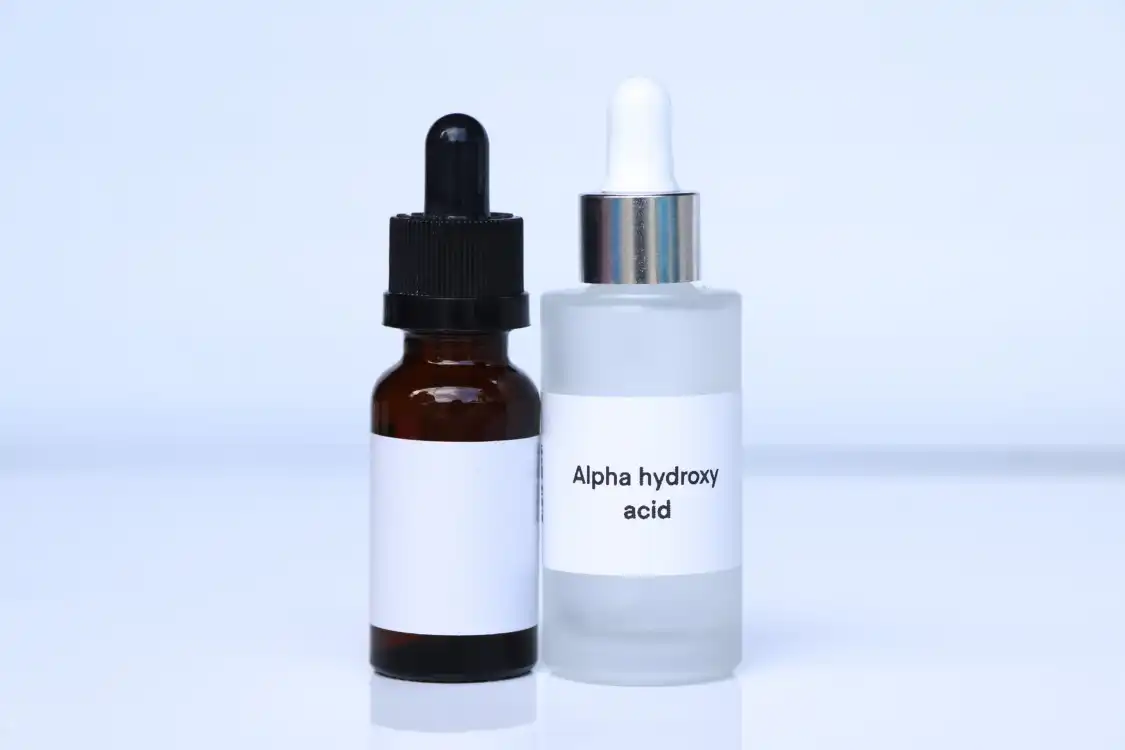
5. Niacinamide (Vitamin B3)
Niacinamide is a versatile ingredient that has been shown to have a variety of benefits for acne-prone skin. It is an anti-inflammatory agent that can reduce redness and irritation, which is particularly helpful in soothing inflamed acne lesions. Additionally, niacinamide can help balance oil production, making it useful for those with oily skin.
How it works: Niacinamide regulates sebum production, which can help reduce breakouts caused by excess oil. It also helps strengthen the skin’s natural barrier, which is important for protecting the skin from environmental damage.
Best for: Individuals with sensitive skin or those who experience redness and inflammation from acne.
It’s important to note, when using a prescribed acne treatment, it is important to be cautious about combining it with other active ingredients, as some can cause irritation, dryness, or other unwanted side effects. Here’s a breakdown of how these ingredients might interact with each other: Click here to read more about prescription options and how to combine them safely.
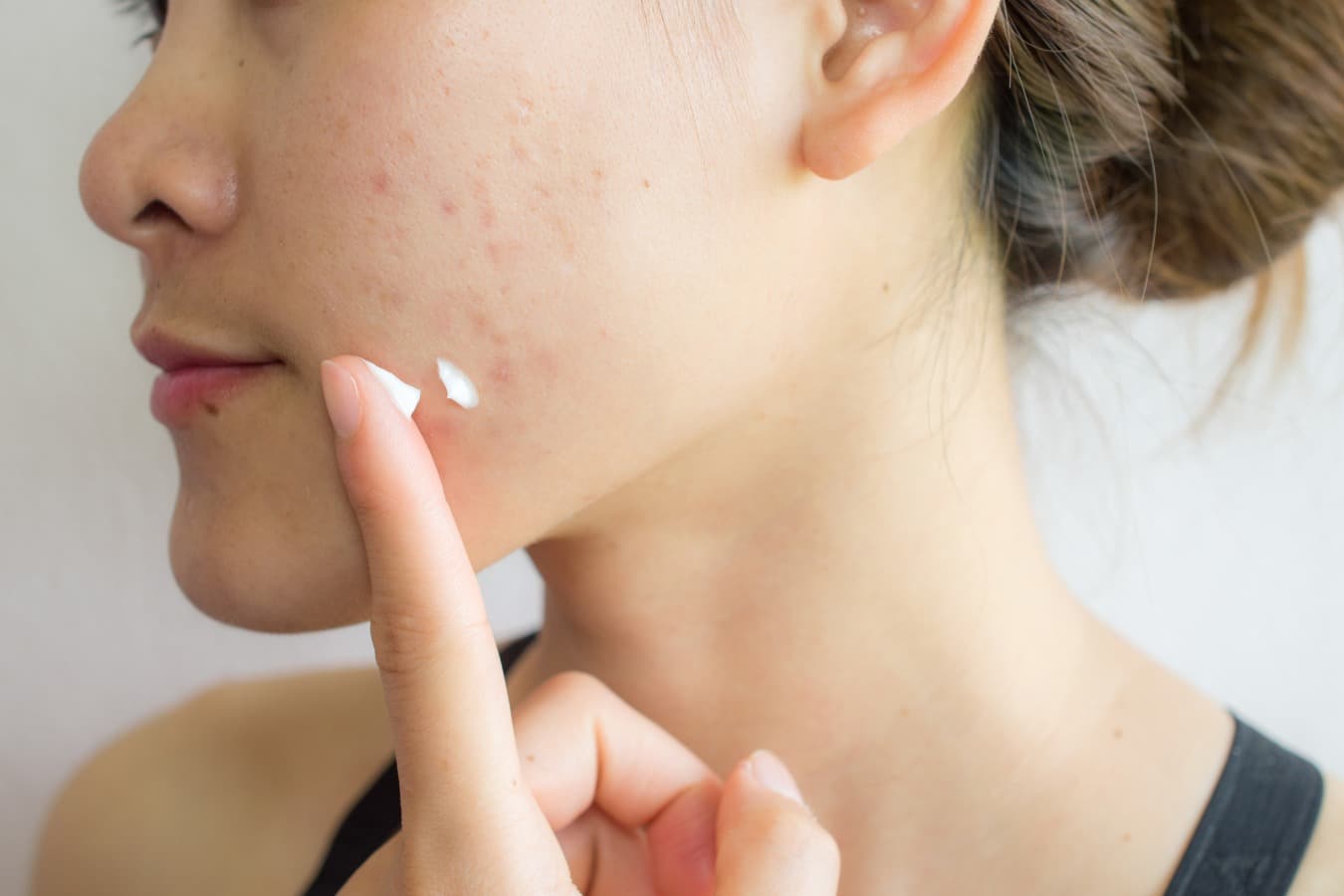
Ingredients to Be Cautious About
While certain ingredients can be beneficial for acne treatment, others may do more harm than good, especially for acne-prone or sensitive skin. Here are some ingredients to approach with caution:
1. Fragrances
Fragrances are commonly added to skincare products to improve their scent, but they can be irritating, especially for those with sensitive or acne-prone skin. Even natural fragrances can trigger allergic reactions, leading to inflammation or breakouts.
Why to avoid: Fragrance is an unnecessary ingredient in acne treatments and can cause skin irritation, making acne worse for some individuals.
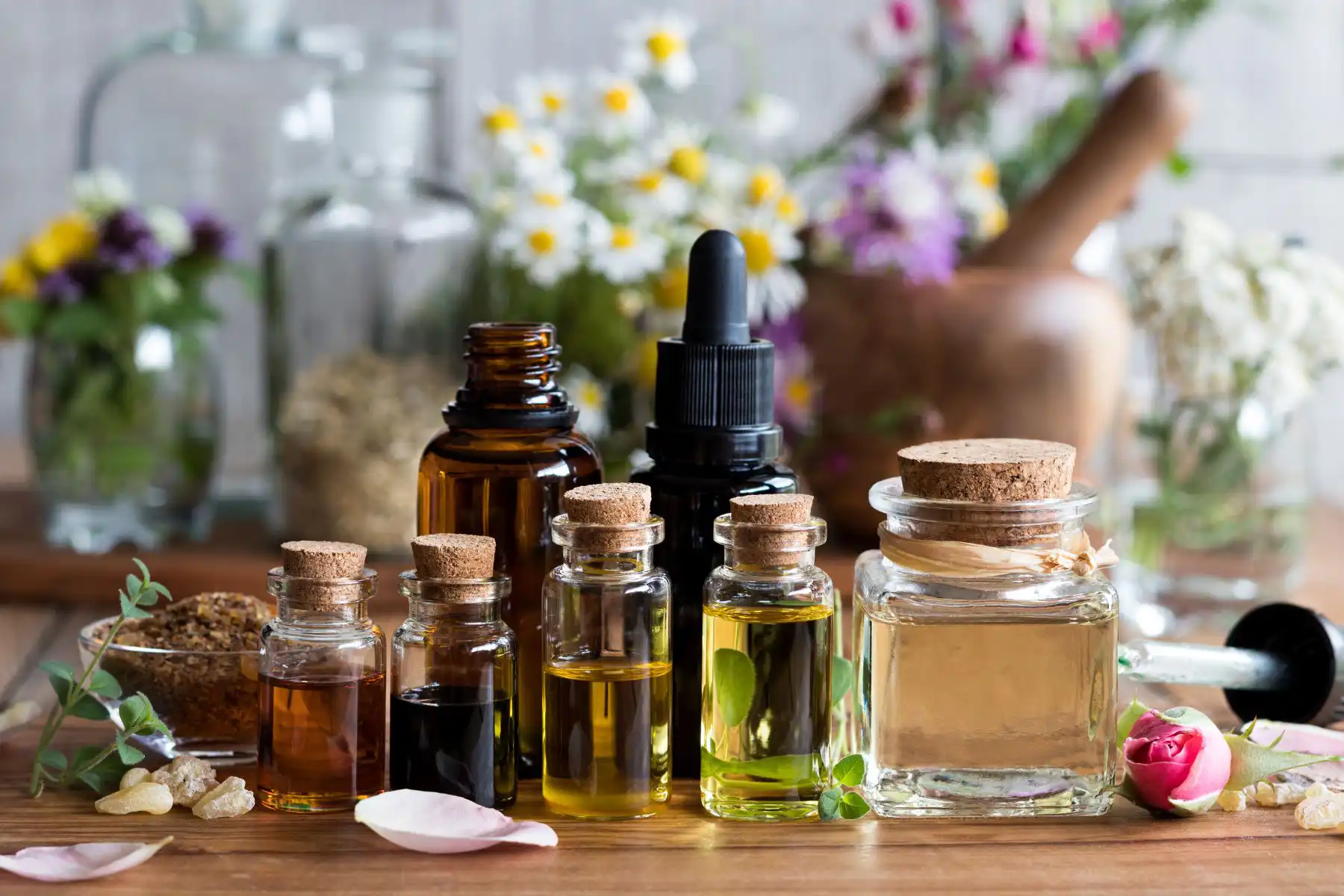
2. Alcohol (Isopropyl Alcohol)
Some acne products contain alcohol to help reduce oiliness, but this can be drying to the skin. Over time, alcohol can strip the skin of its natural moisture, which can trigger an overproduction of oil. This vicious cycle can ultimately worsen acne and lead to dry, irritated skin.
Why to avoid: Alcohol can damage the skin’s barrier, leading to sensitivity and more breakouts. It’s best to avoid products containing alcohol if you have dry or sensitive acne-prone skin.
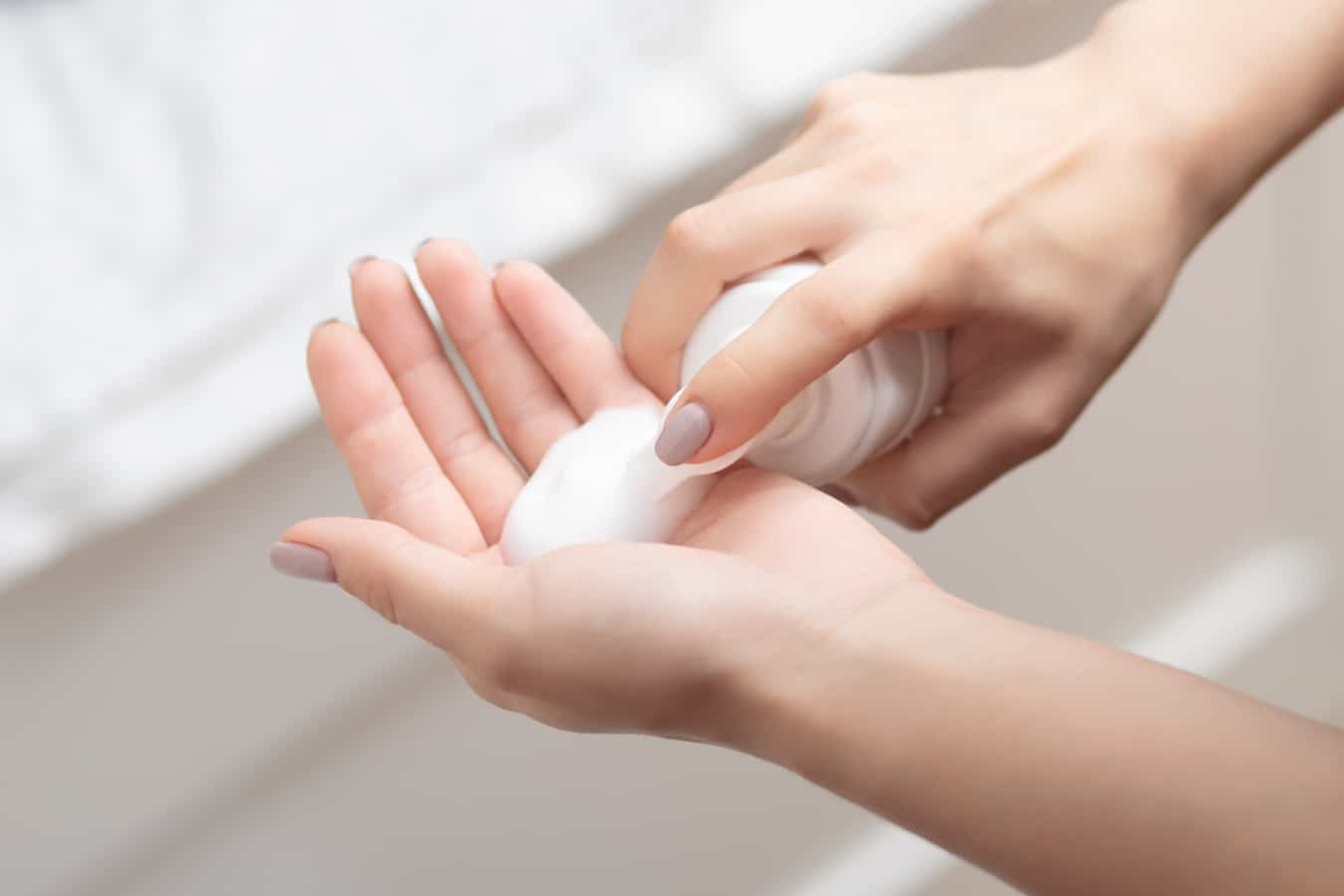
3. Coconut Oil
While coconut oil is a popular skincare ingredient known for its moisturizing properties, it is also comedogenic, meaning it can clog pores. For individuals with acne-prone skin, products containing coconut oil should be avoided as it may exacerbate breakouts.
Why to avoid: Coconut oil can clog pores, which is a significant concern for individuals with oily or acne-prone skin. It’s better to opt for non-comedogenic moisturisers.
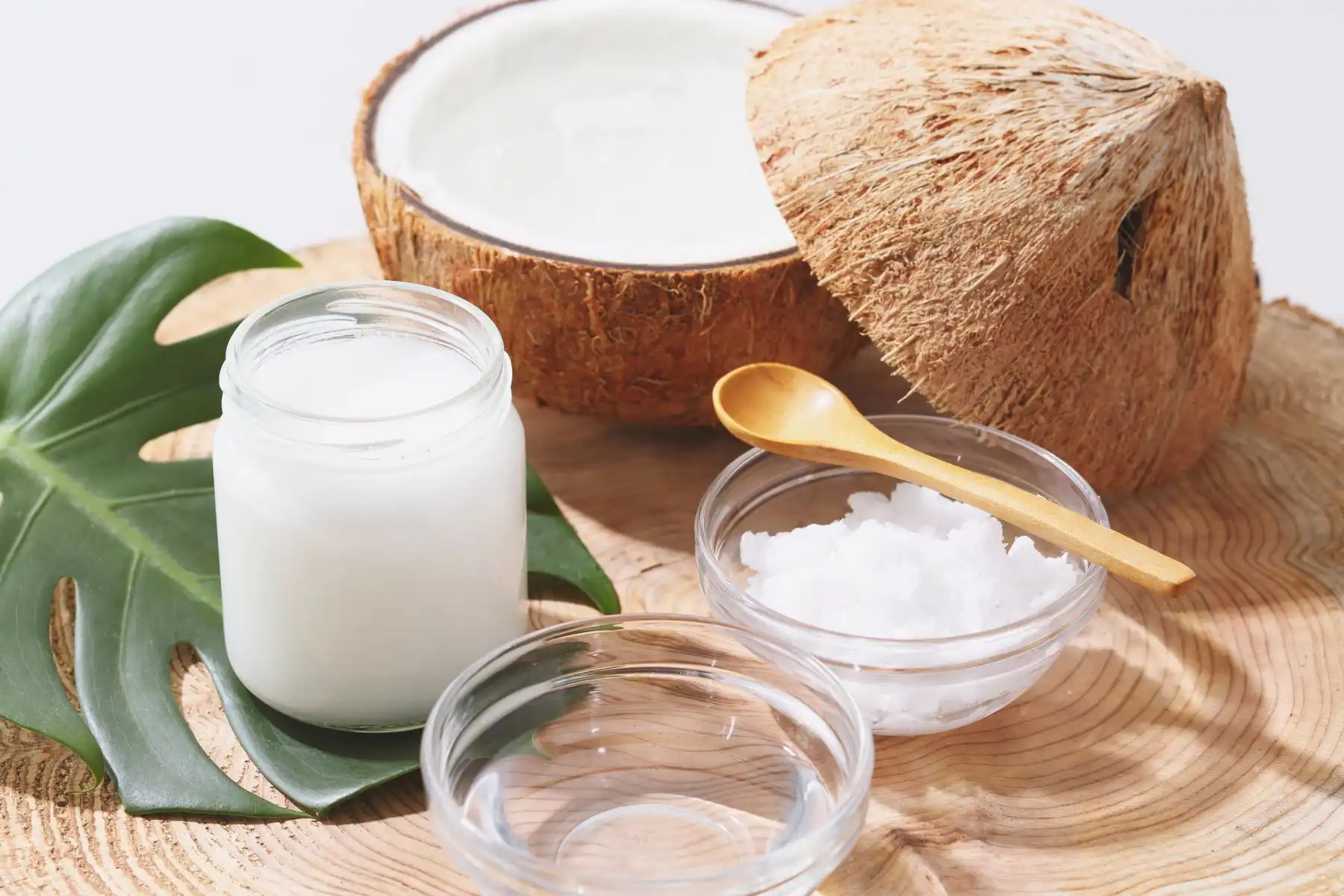
Tips for Choosing Acne Skincare Products
To get the best results from your acne skincare routine, follow these tips:
- Look for non-comedogenic products: These are formulated specifically not to clog pores, which is crucial for acne-prone skin.
- Choose products with targeted ingredients: Identify your skin’s needs and choose products containing ingredients like salicylic acid, benzoyl peroxide, or niacinamide, depending on your skin type and acne severity.
- Do a patch test: Before introducing a new product into your routine, perform a patch test to ensure it won’t irritate your skin.
- Avoid harsh scrubbing: A common myth is that over-exfoliating helps acne, but it can worsen the condition by irritating the skin, increasing oil production, and damaging the skin barrier; gentle exfoliation with AHAs or BHAs in moderation is more effective for managing acne. Click here to read more about common acne myths and misconceptions.
Maintaining a consistent skincare routine is key to managing acne. We recommend three key products for a simple yet effective daily routine – Click here to learn more about our La Roche-Posay Effaclar Duo routine and how it can help maintain clearer skin.
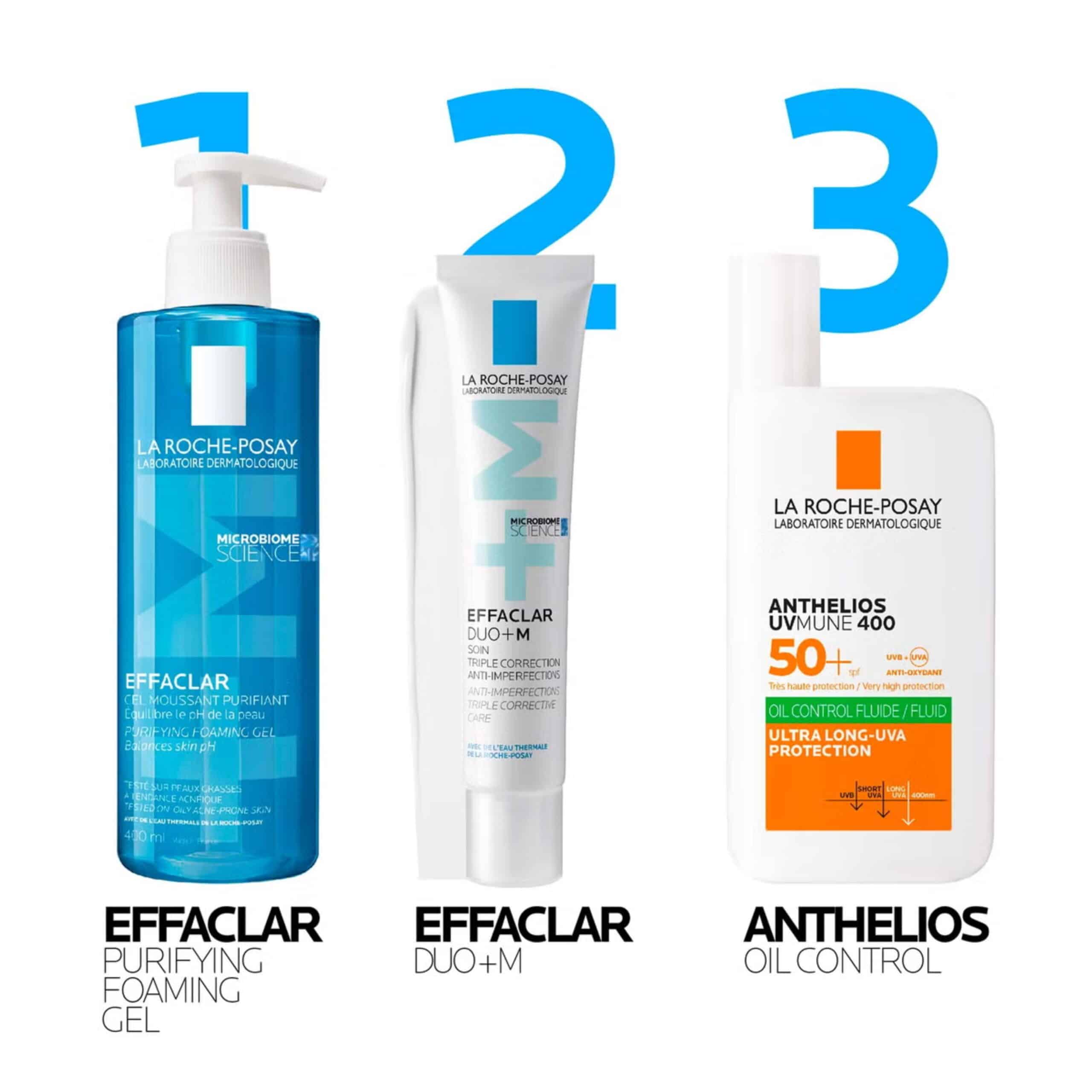
Combining Products with Advanced Acne Treatments
Managing Acne:
In addition to key ingredients like salicylic acid, benzoyl peroxide, and retinoids, advanced treatments such as HydraFacials, skin peels and LED light therapy can help clear breakouts faster, reduce inflammation, and prevent future acne. These treatments complement your skincare routine by targeting deeper layers of skin for more effective results. Click here to read more about our acne treatment plans.
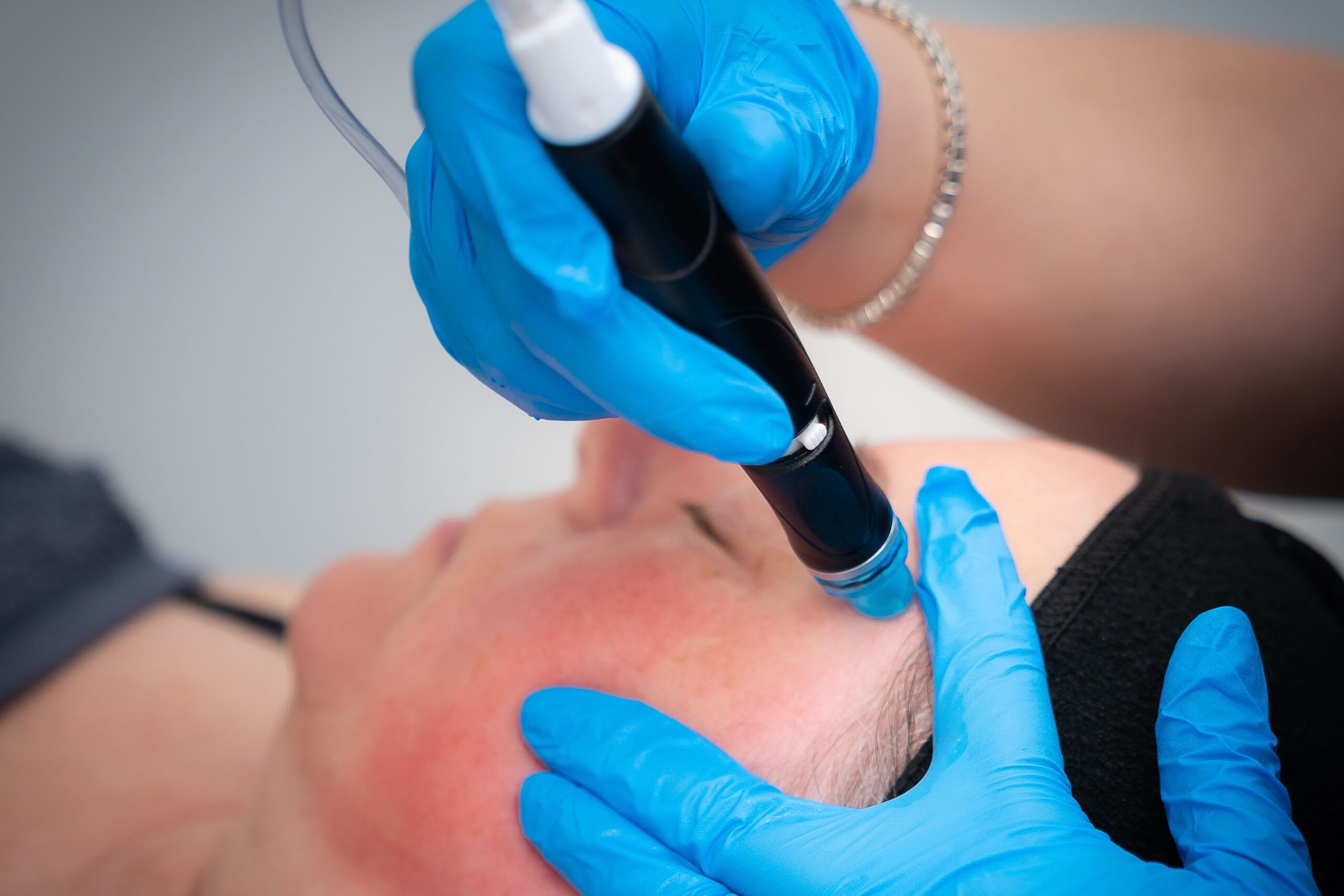
Managing Acne Scars:
For acne scars, advanced treatments like microneedling and skin peels stimulate collagen production and improve skin texture. Combined with ingredients like retinoids and niacinamide, these treatments help fade hyperpigmentation and smooth out scars. Click here to read more about our acne scar treatment package.
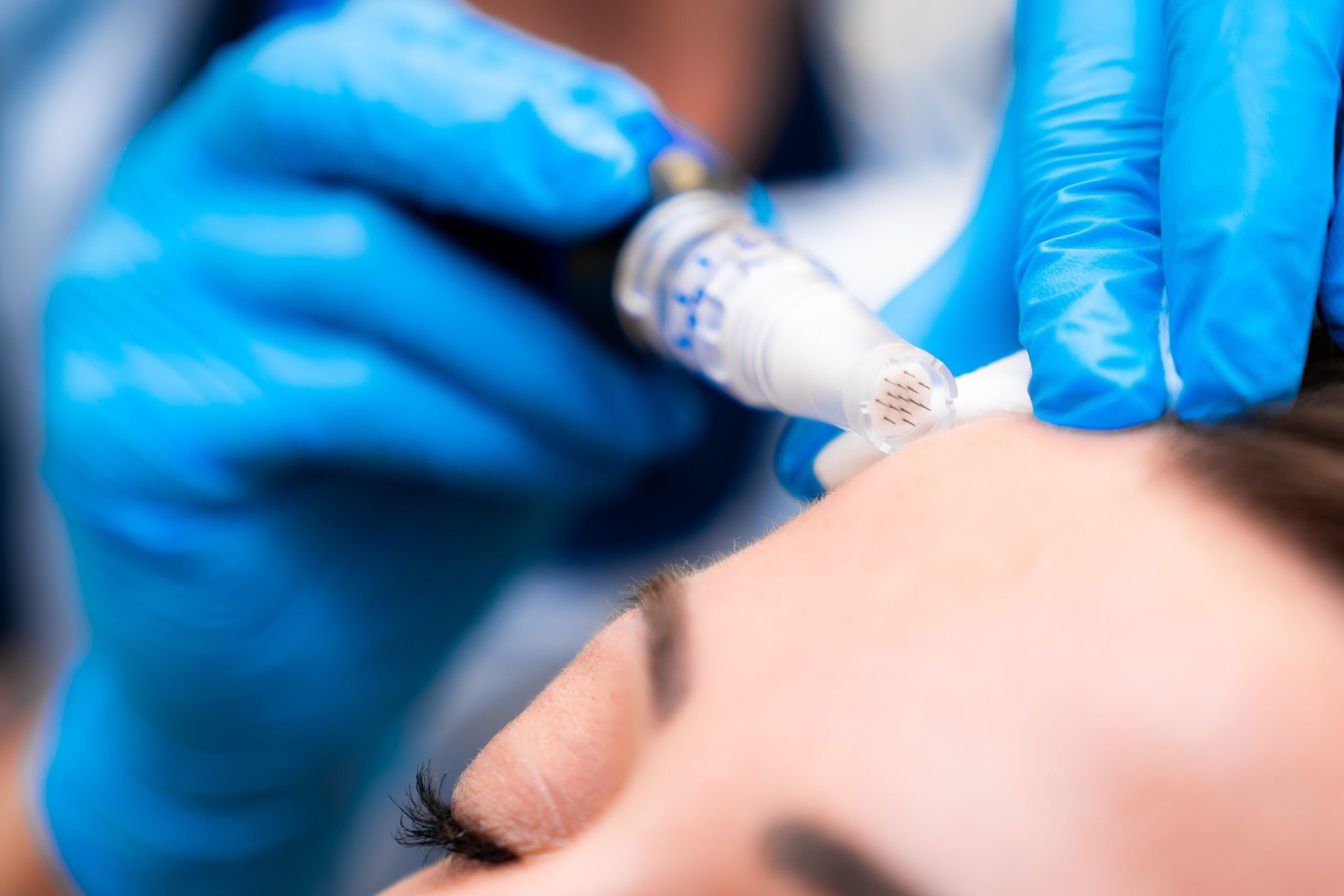
Conclusion
Choosing the right acne products is essential for managing breakouts and improving your skin’s overall health. By focusing on the right ingredients like salicylic acid, benzoyl peroxide, and retinoids, you can address acne at its root and prevent future breakouts. At the same time, avoiding potentially irritating ingredients like fragrances and alcohol will help keep your skin balanced and calm.
If you’re unsure which products are right for your skin or if your acne persists, don’t hesitate to consult a dermatologist for personalised advice and treatment options. A tailored skincare plan can make all the difference in achieving clear, healthy skin. Schedule a consultation below.
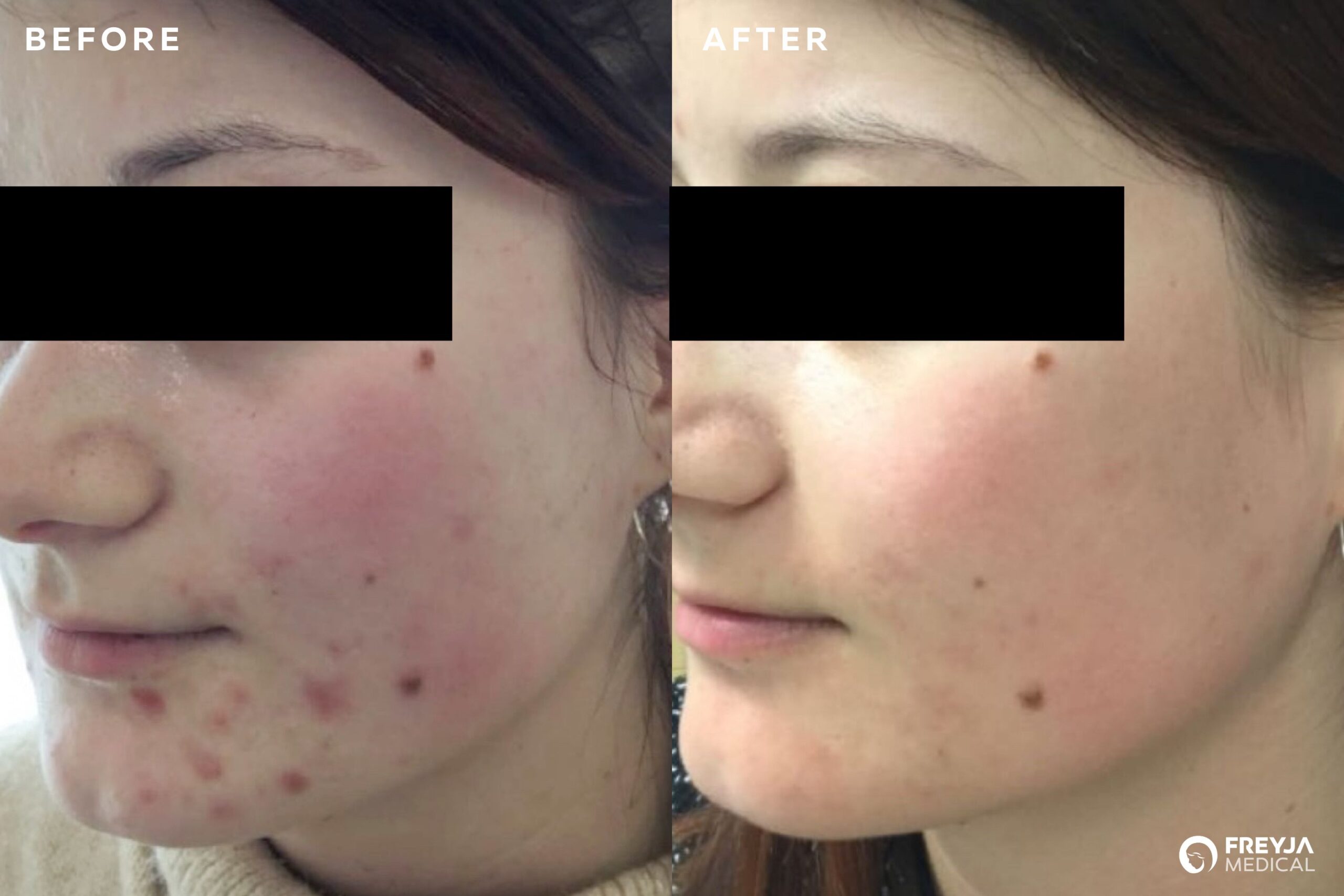
How to Book a Consultation
Choosing the right products for acne treatment starts with understanding your skin’s unique needs and the key ingredients that work best for you.
- For mild to moderate acne, a free skincare consultation with one of our experienced skincare therapists is a great place to start. During this consultation, we’ll conduct an in-depth skin analysis and provide personalised recommendations tailored to your skin type and concerns.
- For more severe or persistent acne, an initial consultation with one of our expert dermatologists is recommended. These consultations offer a thorough diagnosis and a customised treatment plan, which may include advanced treatments or prescription medications if necessary. Dermatology consultation fees apply – click here to view our price list for current pricing.
If you’ve already had a consultation and are ready to explore the most effective products for your skin, we offer a follow-up free skincare consultation with one of our expert therpaists to discuss the best treatment plan for your needs.
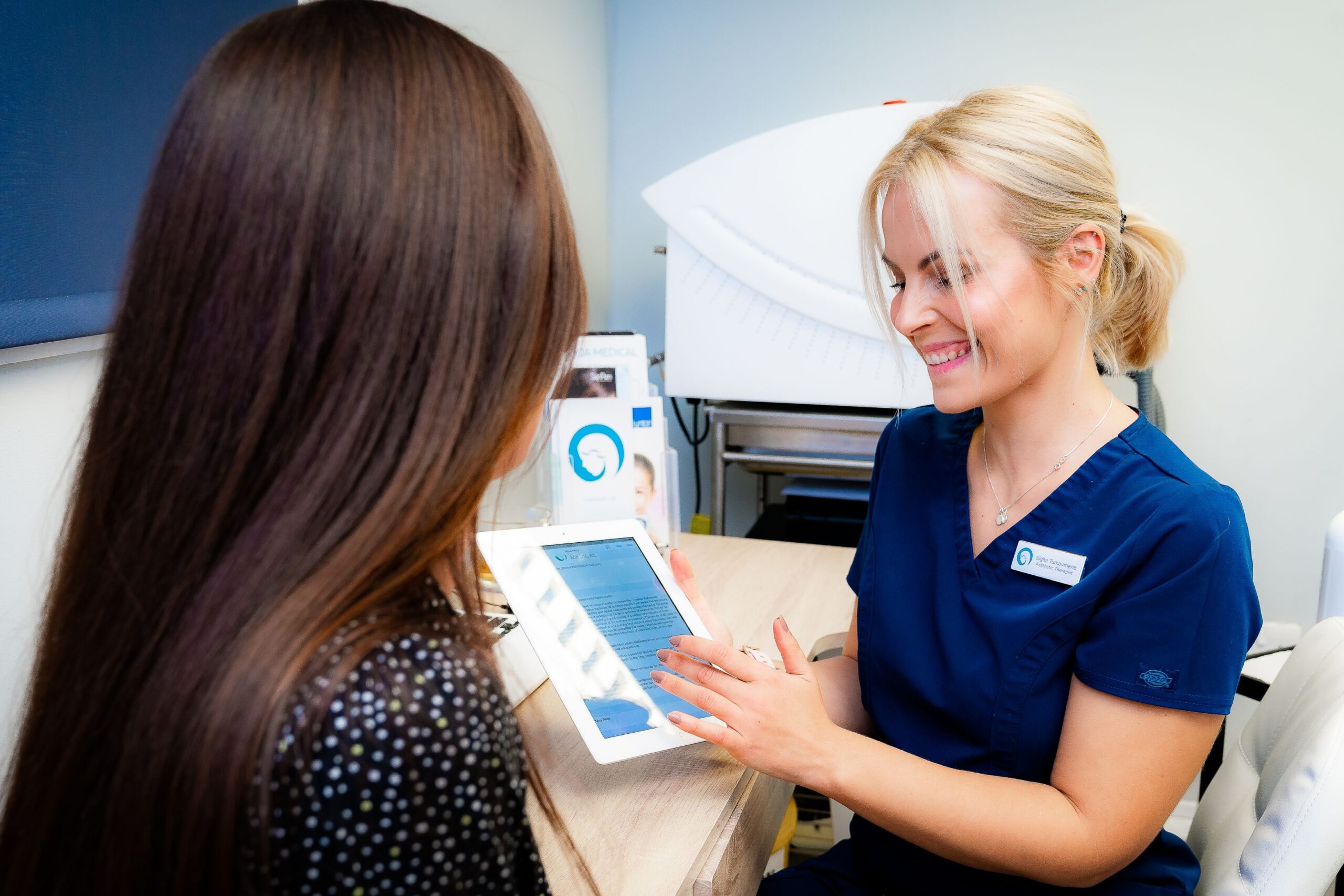
You can book your consultation online by clicking here or by contacting us directly:
☎️ 01978 799688


